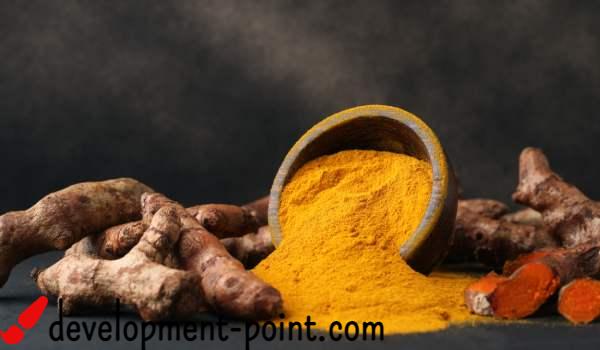What is the quru fruit and what are its benefits and harms?
Guru is one of the fruits with many health benefits, and it is included in the culture of some African countries. In this article, we will discuss some details about this fruit, what it is, and its benefits and harms.
What is quru?
The guru is known as the kola nut, and its scientific name is Cola acuminata, and it comes from the evergreen guru tree found in the rainforests of Africa, specifically in West African countries such as Nigeria, which is a symbol of its cultural symbols, where it is given to guests on occasions. Happy and sad, used in folk medicine.
The length of this tree reaches between 40-60 feet, approximately 10-18 meters, and the tree presents the fruit of the quru with a star-like shape, and inside it is white scales containing the seeds or the nut itself.
NB: Quro is forbidden in some Arab countries.
cola nut contents
It contains many nutrients such as:
- Caffeine by 2-3%, which is a stimulant, and is found in coffee, tea and soft drinks.
- Theobromine at 1-2% is also a stimulant, and is found in green tea and chocolate.
- Other nutrients such as potassium, magnesium, and calcium.
Health benefits of quru
According to the sources, this fruit has been used in folk medicine in African countries since ancient times, and this was noted in the cultures of those peoples, but despite that there is not enough scientific evidence to prove all these health benefits, and these potential health benefits of qurue are linked to the caffeine content that enhances energy, reduces From feeling hungry, here are some of what was mentioned in the sources regarding these benefits:
- Boosts metabolism due to its caffeine content.
- It aids in digestion, as it is believed to boost stomach acid production.
- Enhances energy levels, due to its stimulant contents such as caffeine and theobromine, as it stimulates the central nervous system, increasing attention and energy levels.
- Relieve migraine pain. Caffeine and theobromine may help dilate the blood vessels in the brain, reducing pain.
- It may help treat asthma, as one source explains that although it’s not recommended in treatments for respiratory conditions, caffeine is believed to be a bronchodilator.
In addition to the above, one of the sources refers to The benefits of quru for men There are early studies that show that some of the substances in this fruit may be useful in preventing prostate cancer, but this research is uncertain, and is still being discussed and conducted, and shows that it may enhance the metabolism associated with low testosterone levels, or Cushing’s syndrome or Graves’ disease.
Other sources state that there are some claims that it has a role in relieving symptoms of the following:
- Toothache.
- infection.
- Physical and mental exhaustion.
- dysentery;
- diarrhea.
- constipation;
- Decreased sexual desire.
- Weight loss.
- Depression.
koro damage
The risk of developing side effects from quru increases based on the amount consumed, and the amount of caffeine inside the body, and the possible harms of these fruits include the following:
- High blood pressure, so you should consult your doctor first before consuming this fruit for blood pressure patients.
- Insomnia and sleep disturbances, which is one of the most common side effects of stimulants such as caffeine.
- Tremor, as the contents of the kola nut affect the central nervous system, causing tremors and nervousness, especially for people who suffer from anxiety.
- Feeling nauseous with eating large quantities of the fruit, which causes stomach disorders.
- Acidity: Caffeine increases stomach acid secretion.
- Rapid or irregular heartbeat.
- Feeling restless and nervous.
- Frequent urination, as caffeine is a diuretic.
- Some drug interactions, so you should tell your doctor first if you take any medications.
- Diarrhea. Caffeine may worsen diarrhea and other IBS symptoms.
- Dependence or addiction, causing withdrawal symptoms when stopping suddenly such as headache, anxiety and dizziness.
One source indicates that long-term excessive consumption of this fruit in large quantities by chewing is linked to oral and stomach cancer.
In conclusion, despite its consumption in some African countries and prohibited in others, it is necessary to pay close attention to the side effects associated with it, and to consult a doctor before eating some controversial foods in the event of some chronic diseases.

